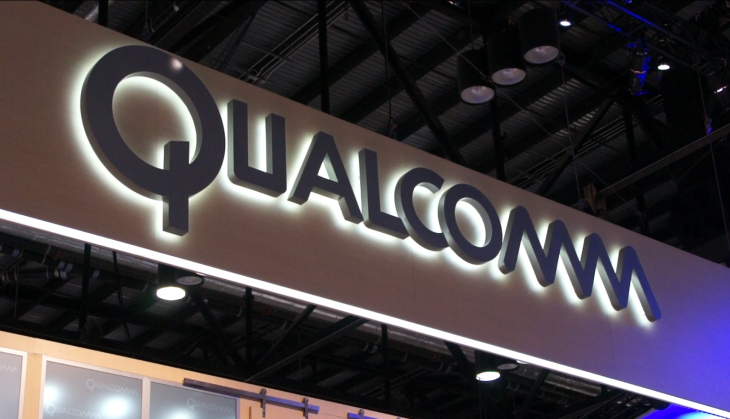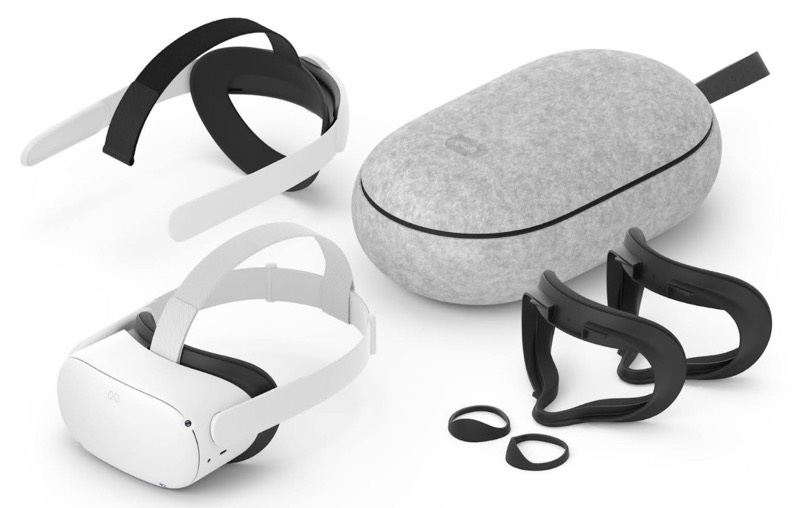
Qualcomm Countersues Apple: iPhone 7 Chips Underclocked, Breach of Contract
Apple has been hit with a billion-dollar legal case from chip-maker Qualcomm just months after the Cupertino tech giant launched proceedings against the same firm.

According to a new report from the Wall Street Journal, on Monday the chipmaker responded to an Apple lawsuit over its patent licensing practices with a 134-page redacted filing that included some counterclaims of its own, such as a breach of contract. Qualcomm also asked for an unspecified amount in damages from Apple.
“Over the last 10 years, Apple has played a significant role in bringing the benefits of mobile technology to consumers with its popular products and services,” Don Rosenberg, executive vice president and general counsel of Qualcomm, said in a statement.
“But Apple could not have built the incredible iPhone franchise that has made it the most profitable company in the world, capturing over 90 percent of smartphone profits, without relying upon Qualcomm’s fundamental cellular technologies,” Rosenberg continued.
Among other things, Apple is charged with interfering in deals between Qualcomm and contract manufacturers such as Taiwan’s Foxconn Electronics Inc., which makes iPhones and iPads for Apple.
It is even blamed for Qualcomm’s difficulties with regulatory authorities in various jurisdictions, with Qualcomm accusing Apple of encouraging regulatory attacks on its business by “misrepresenting facts” and through “false statements.”
In its filing, Qualcomm says that Apple chose not to use high-performance features of Qualcomm chipsets in the iPhone 7. Even when Qualcomm’s chips outperformed technology from Intel, Apple “falsely claimed there was ‘no discernible difference’ between iPhones with Qualcomm’s chipsets and iPhones with Intel’s,” says Qualcomm.
Over the past decade, Apple has rung up $760 billion in iPhone sales, according to court filings. Yet Qualcomm’s per-device royalty for its vast portfolio of cellular patents is less than what Apple charges consumers for a basic plastic iPhone case.
“Apple can sue Samsung, for example, and claim all kinds of value on a few patents that they sue them on, but somehow claim that our tens of thousands of core technology patents are not worth what the market has said they’re worth,” said Rosenberg. “That is what they are trying to take from us here. That is why we have to fight as hard as we can to prove the continuing value of our contributions.”
[via Axios]

